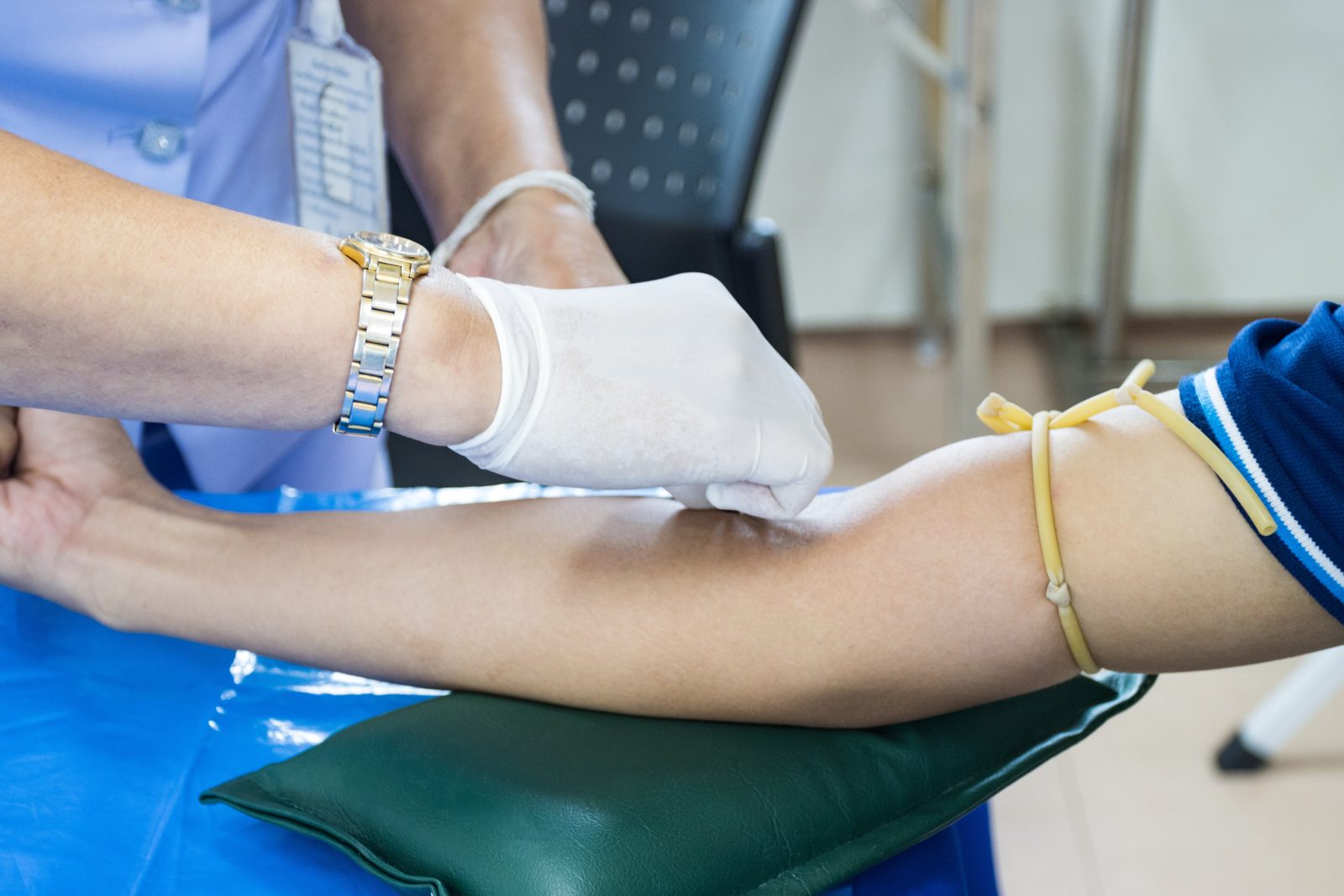Breast cancer, a complex and potentially life-threatening condition, has spurred extensive research into early detection methods that can aid in timely intervention and treatment. While mammograms and imaging techniques are widely known as standard diagnostic tools, the question arises: can breast cancer be detected through a Complete Blood Count (CBC)? This introduction delves into the intricacies of CBC and its role in the detection and management of breast cancer.
One’s RBCs, WBCs, and PLTs are all counted during CBC. The blood test provides doctors with a wealth of useful information, but it cannot identify breast cancer. CBC is a standard diagnostic tool used in the management of breast cancer. In order to establish a starting point for treatment, doctors will often request a complete blood count (CBC).
CBCs are also used to monitor blood cell counts during treatment. If the CBC detects that your levels are dangerously low, you can get treatment before any adverse effects manifest. This article examines the role of CBCs in the detection and diagnosis of breast cancer, as well as their use before and throughout therapy.
What do CBC and other blood tests tell doctors before starting treatment?
A complete blood count is a routine blood test that provides valuable insights into various components of the blood, including red blood cells, white blood cells, and platelets. CBC results offer a comprehensive view of an individual’s overall health, helping healthcare professionals identify various conditions, from anemia to infections.
The CBC is a standard diagnostic tool used in the management of breast cancer. In order to establish a starting point for treatment, doctors will often request a complete blood count.
CBCs are also used to monitor blood cell counts during treatment. If the CBC detects that your levels are dangerously low, you can get treatment before any adverse effects manifest.
Where do CBCs and other blood tests fit into the therapy process?
A complete blood count (CBC) evaluates your white blood cell count, red blood cell count, and platelet count, as well as their function and health. It’s a standard procedure before beginning cancer therapy because it’s a reliable indicator of general health.
Your doctor might request additional blood tests to aid in the genetic analysis and staging of cancer.
Chemical analysis of blood: The tests measure how much of a chemical is in your blood. They can be used to determine the stage of your malignancy and provide insight into how well your organs are working.
Analysis of Tumor Markers: Blood tests like these are used to detect cancer antigens. Malignant cells produce proteins that act as antigens for cancer. However, not all people with breast cancer have these antigens, and they can also be a result of other diseases besides cancer. Cancer antigens in breast cancer include carcinoembryonic antigen (CEA) and cancer antigen 15-3 (CA15-3).
What role do CBCs play in treating breast cancer?
While the CBC is not a primary tool for detecting breast cancer, it can provide valuable information that supports the diagnostic process. For instance, elevated levels of certain proteins in the blood, such as CA 15-3 and CEA, may serve as markers of breast cancer progression. These markers are often monitored during cancer treatment to track the response to therapy.
Blood cell counts may drop due to cancer and its treatment, which may include radiation and chemotherapy. Pre-treatment screenings offer doctors a sense of where to start with your treatment. They will check your blood count while you are receiving treatment.
Side effects of low blood counts, such as anemia, can be mitigated with medicine when chemotherapy or radiation causes a patient to have a decrease in the number of red blood cells, white blood cells, or platelets. A complete blood count (CBC) can give doctors an overview of your health after therapy has ended and ensure that no adverse drug reactions have occurred.
How does one normally look for and identify breast cancer?
The CBC is not capable of detecting or diagnosing breast cancer, but there are other tests that can. The first step is typically a thorough medical history and breast examination. Your doctor may then suggest further testing, such as;
Mammogram for Diagnosis: The breast can be imaged in great detail with diagnostic mammography. In order to tell the difference between a tumor and a cyst in the breast, doctors often utilize ultrasonography, which employs sound waves to create detailed images.
Biopsy: Only through a biopsy can breast cancer be definitively diagnosed. A small sample of tissue from the lump or abnormal area is removed and sent to a lab for analysis to determine the presence or absence of cancer. Although most biopsies are conducted as outpatient procedures, complete lump removal via surgical biopsy is occasionally necessary.
Surgical removal of lymph nodes: Your doctor may recommend removing and testing a sample of your lymph nodes to see if he or she suspects cancer has spread there.
When should you next get a mammogram?
Breast cancer screening guidelines vary according to an individual’s age and level of risk. The United States Preventive Services Task Force (USPSTF) recommends that women under the age of 50 explore the benefits and drawbacks of having mammography tests every other year with their doctor.
The US Preventive Services Task Force (USPSTF) advises screening mammograms every 2 years for women at average risk, beginning at age 50. As long as the individual continues to enjoy good health, screenings are warranted. However, those at a higher risk should start annual testing sooner, including those who carry the BRCA1 and BRCA2 genes.
The importance of comprehensive diagnosis
Breast cancer detection typically involves a combination of methods, including mammography, clinical exams, imaging studies, and biopsies. While a CBC can offer supplementary insights, it is not a standalone diagnostic tool for breast cancer.
As medical science continues to evolve, the integration of various diagnostic approaches becomes increasingly important. While a Complete Blood Count may not directly detect breast cancer, it can contribute to a comprehensive understanding of a patient’s health status and the potential effects of cancer on blood parameters. If you have concerns about breast cancer, consult a healthcare professional to determine the appropriate diagnostic and screening strategies tailored to your individual needs.















Find Us on Socials